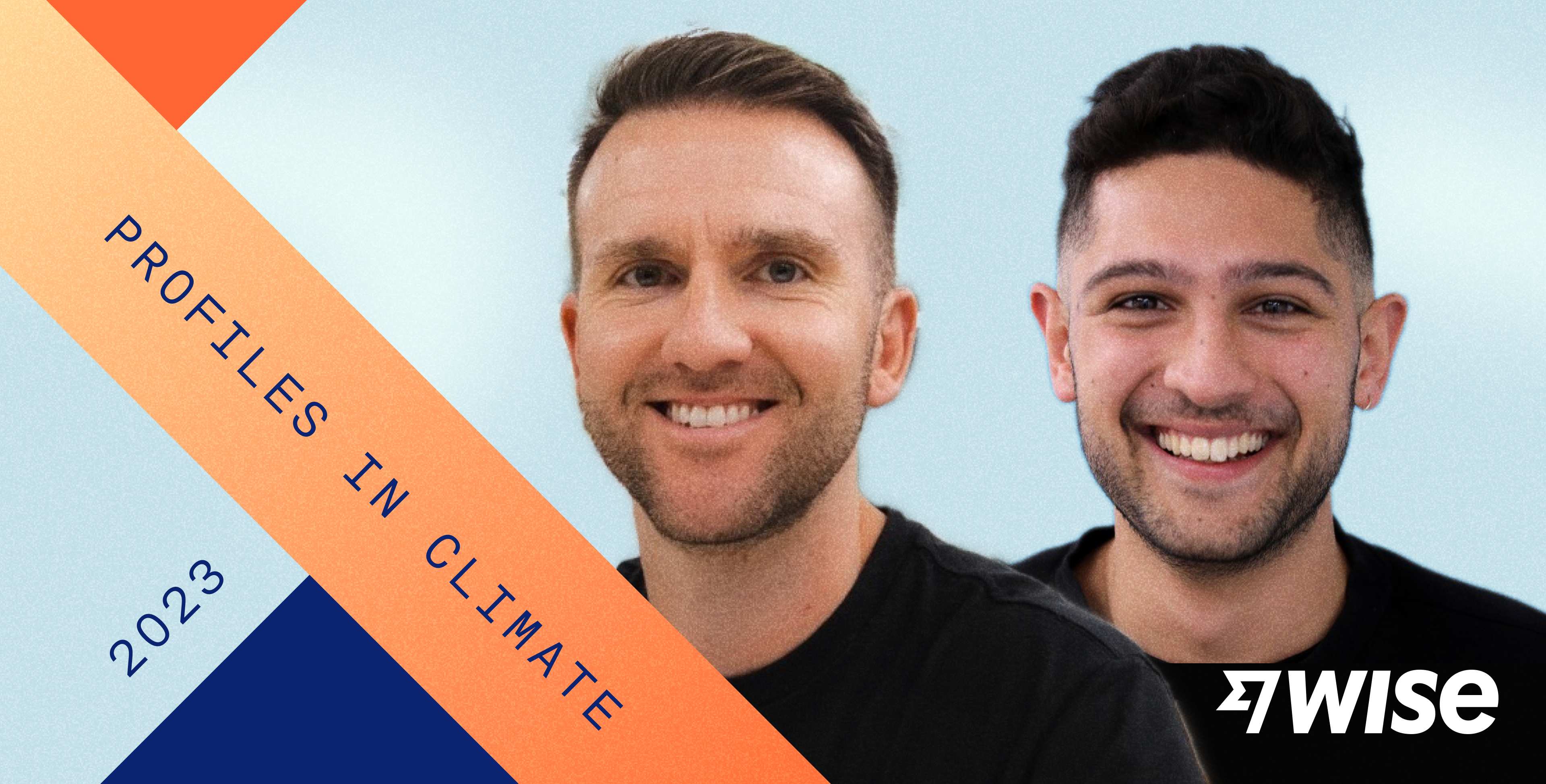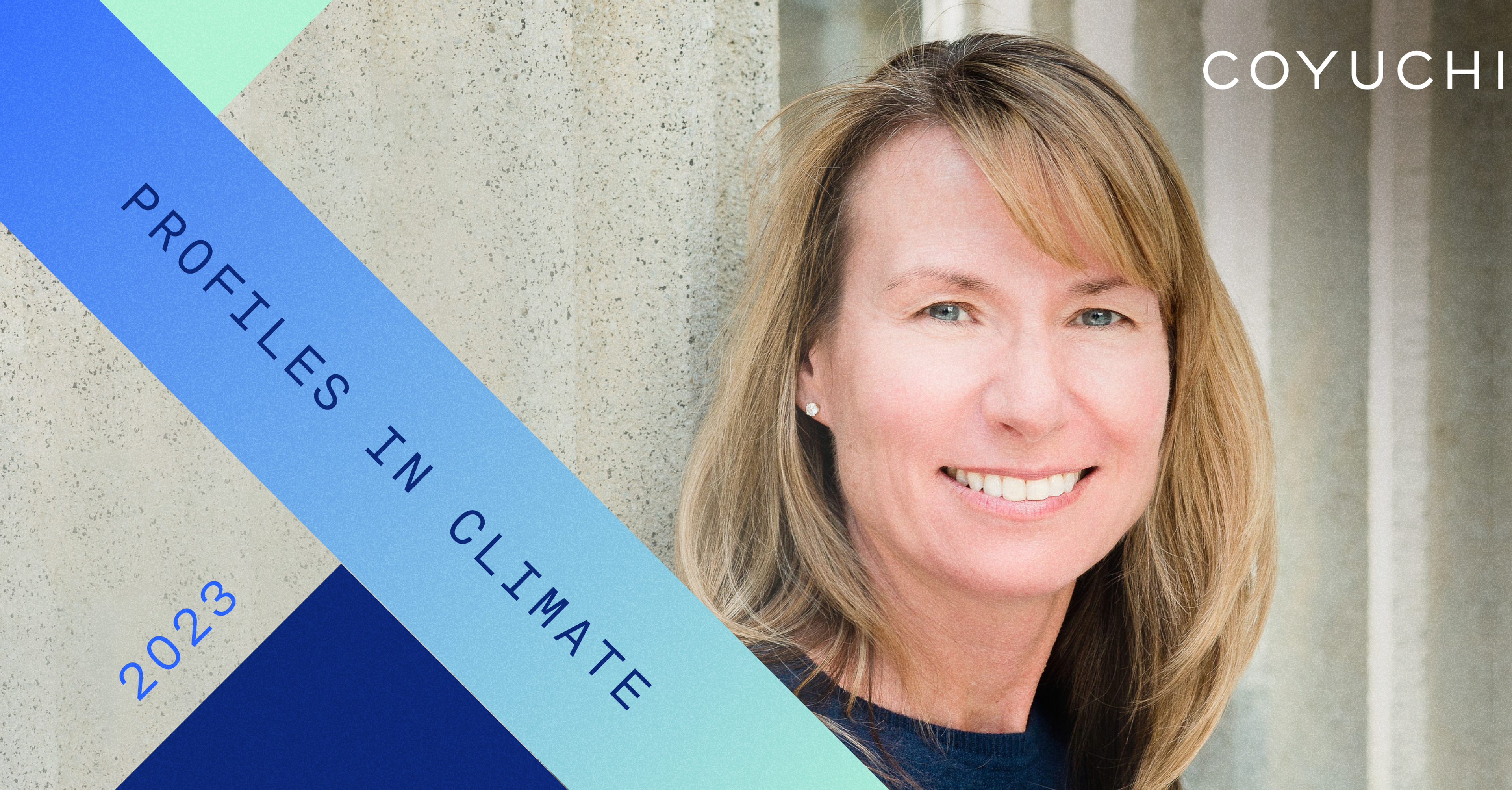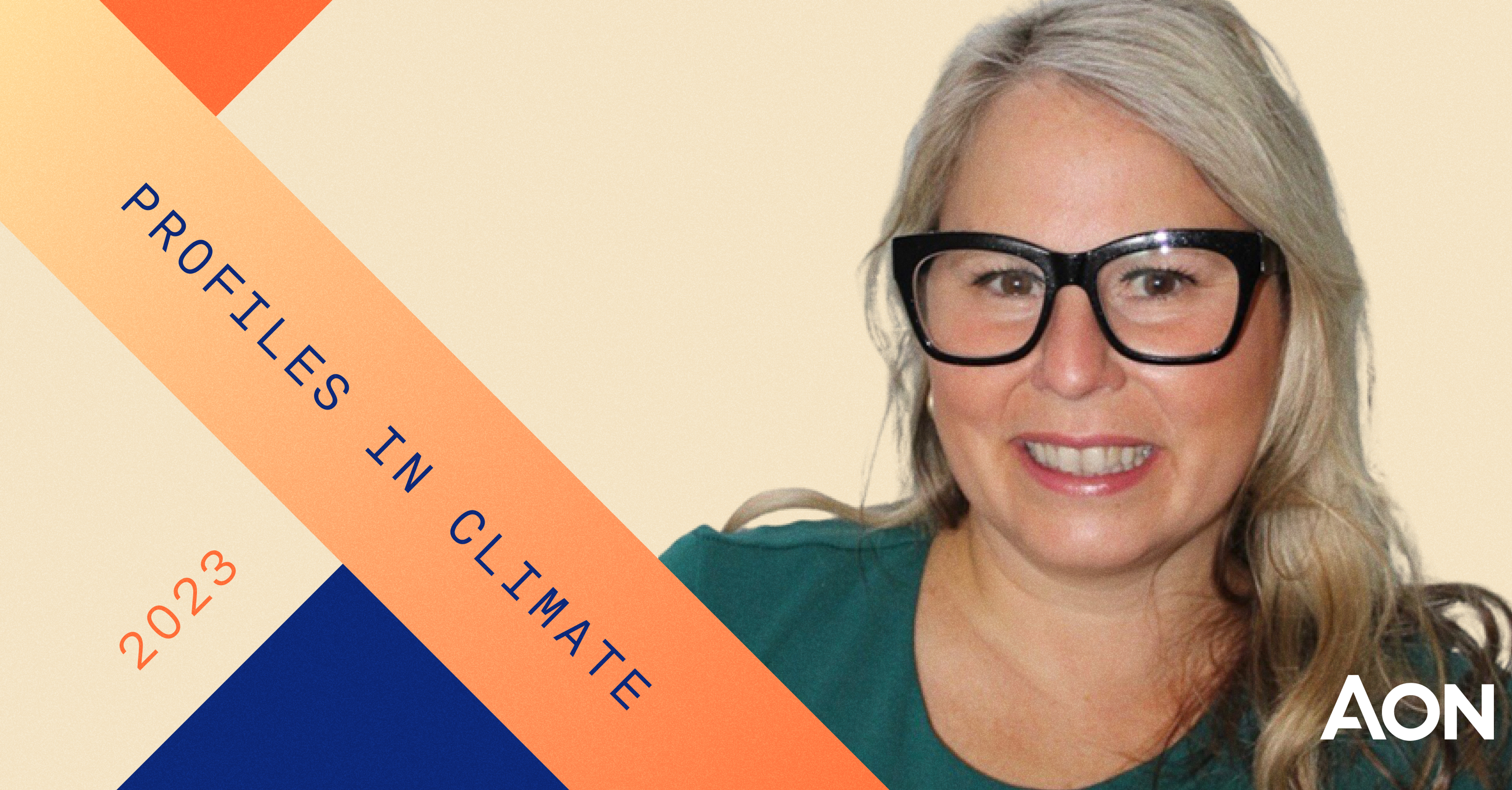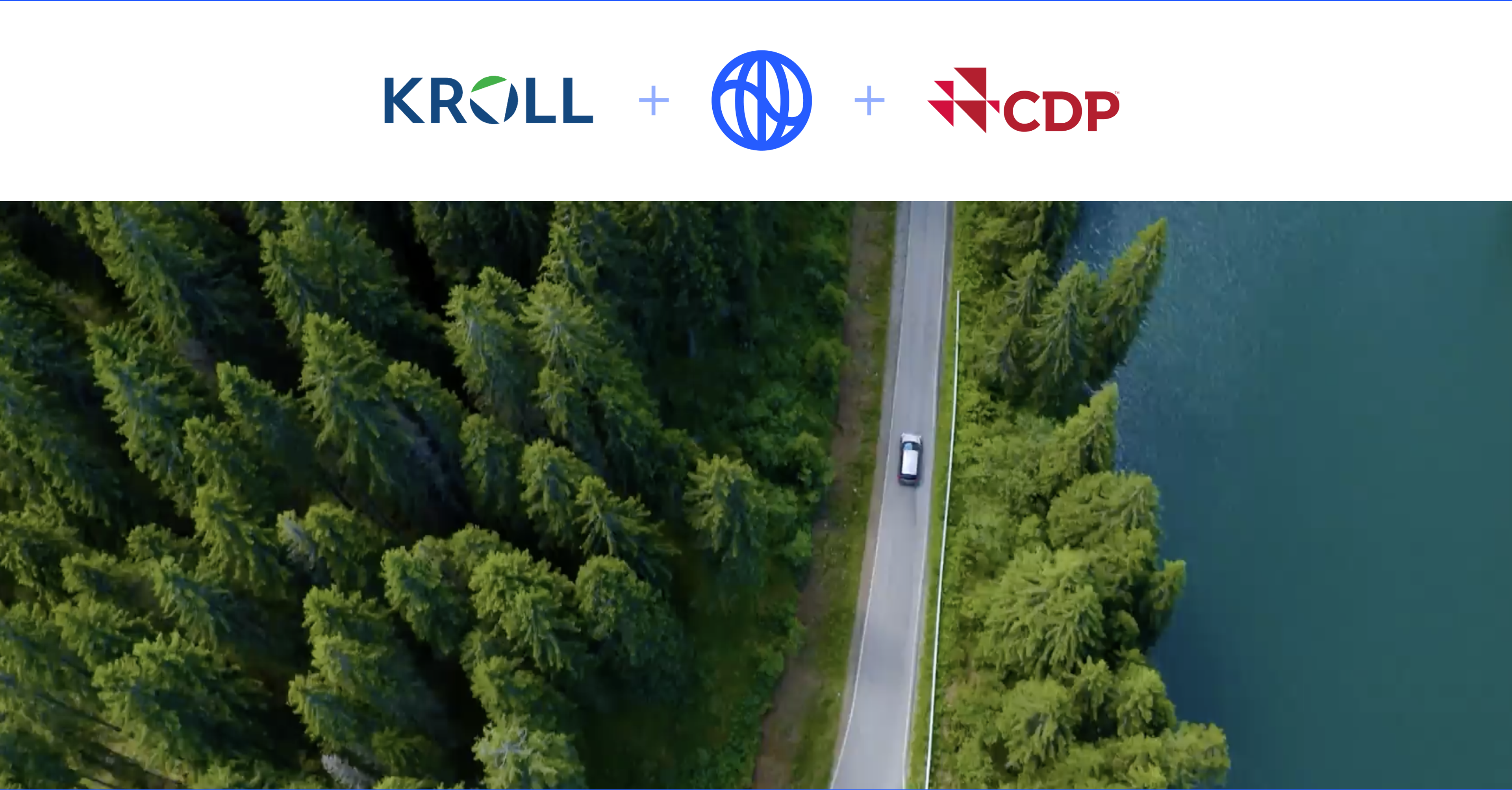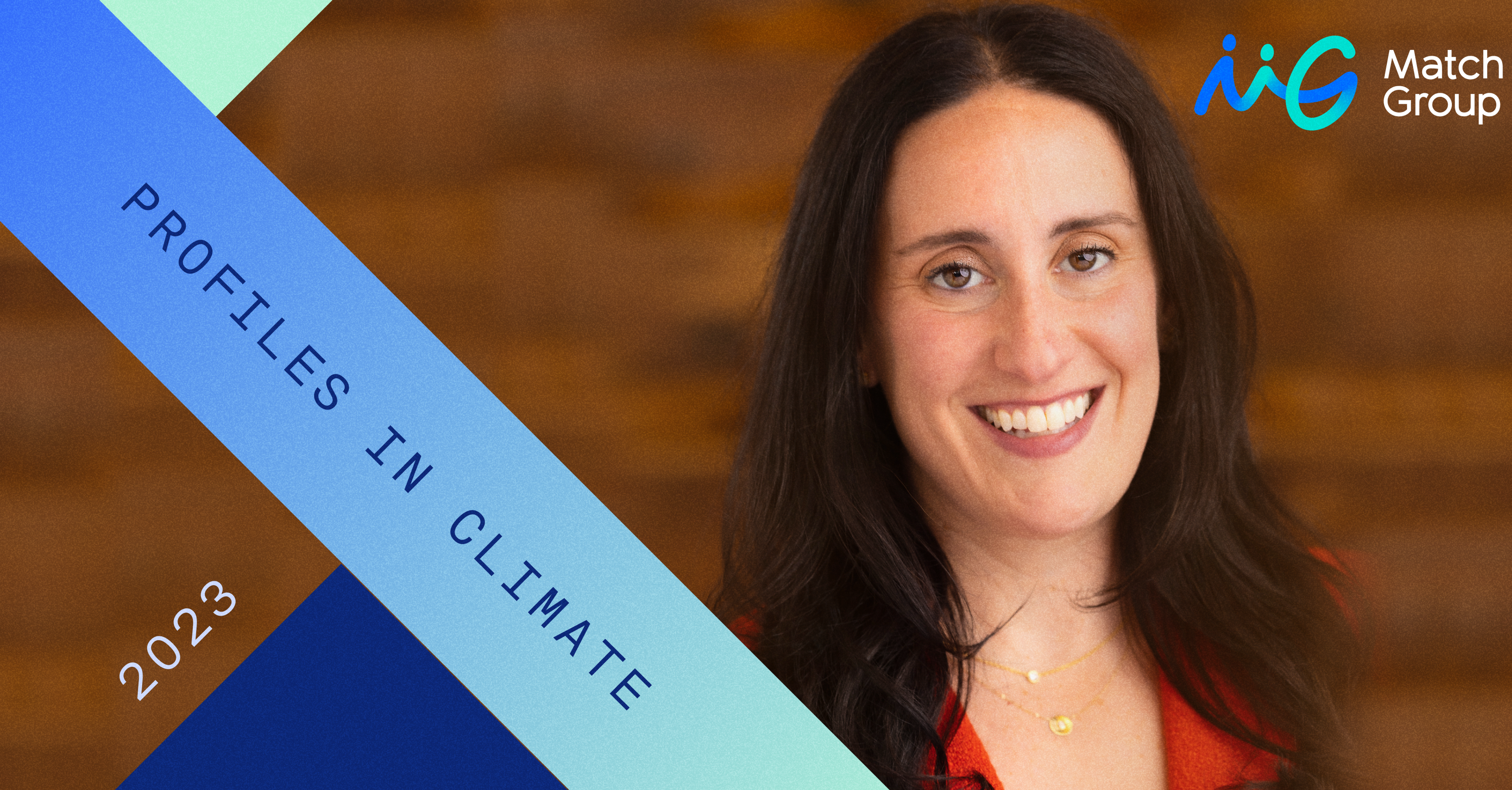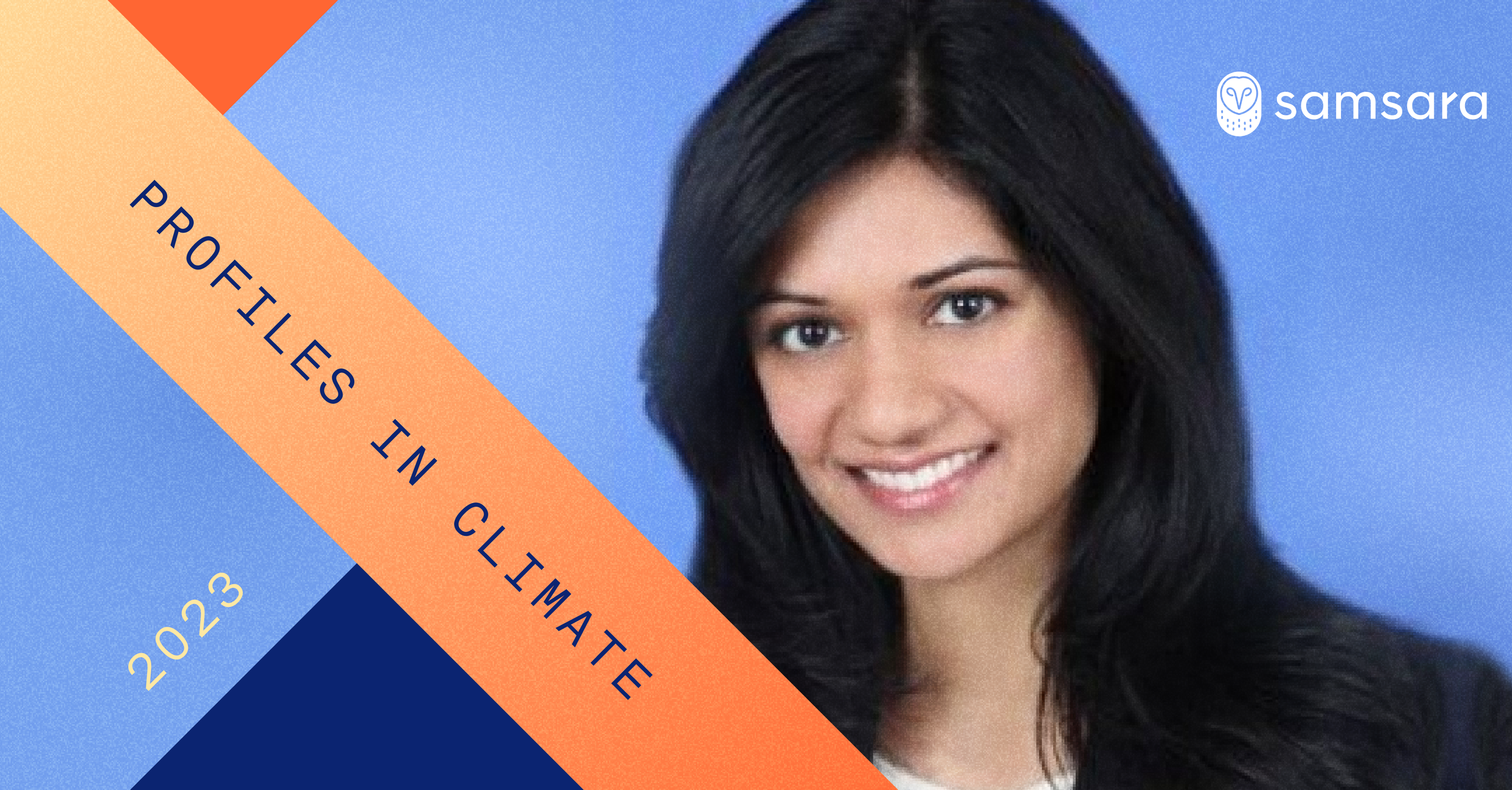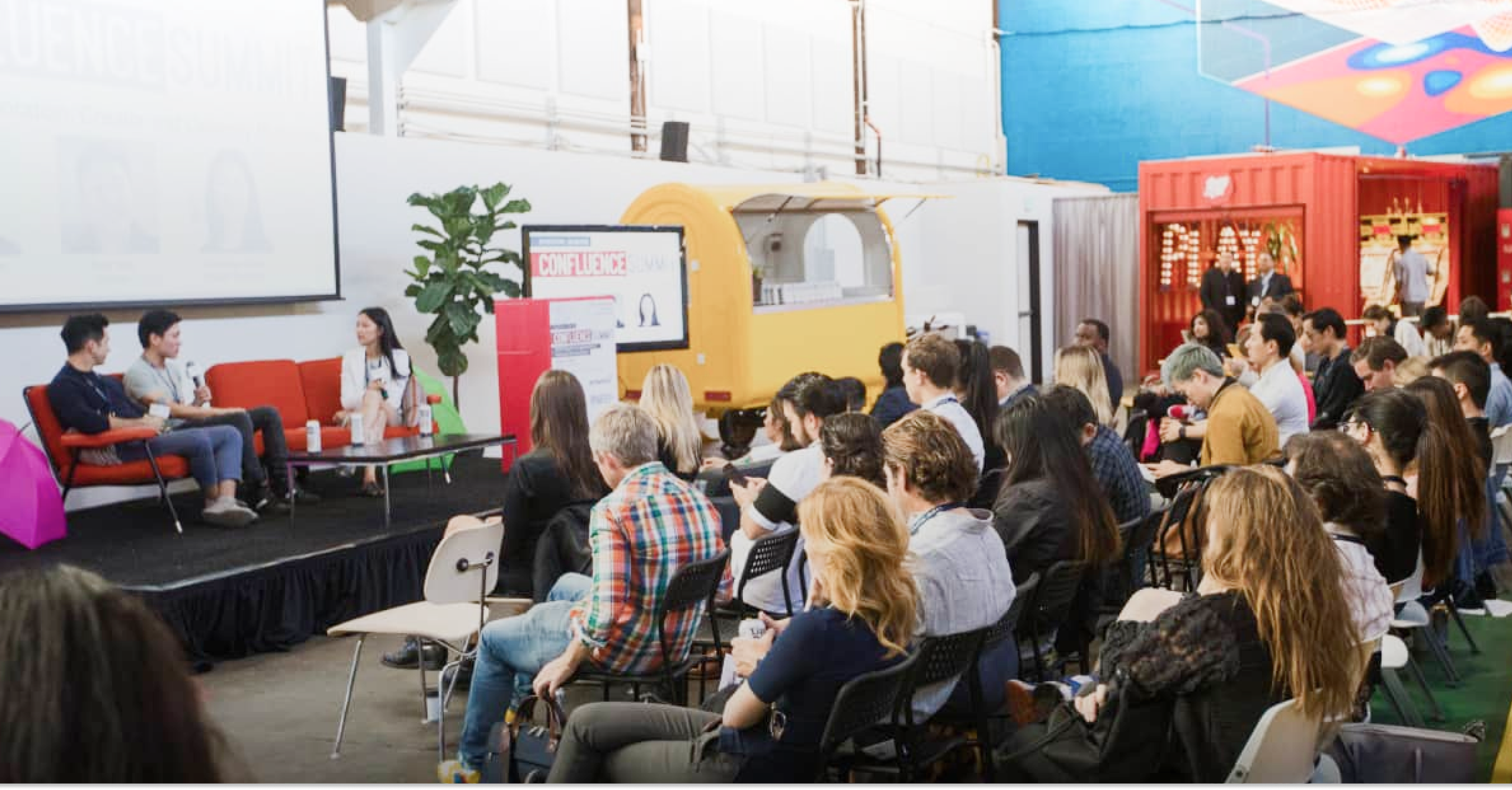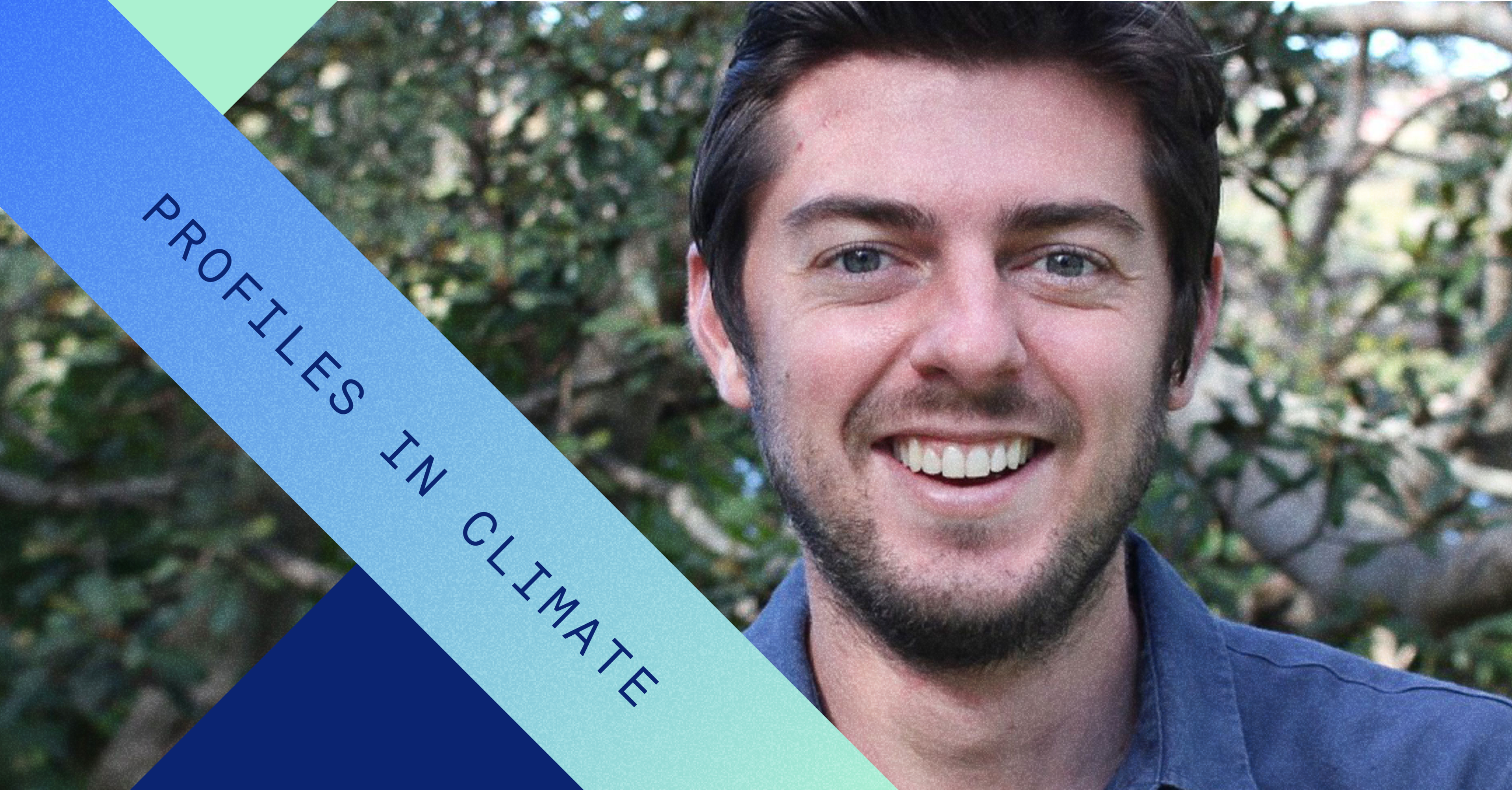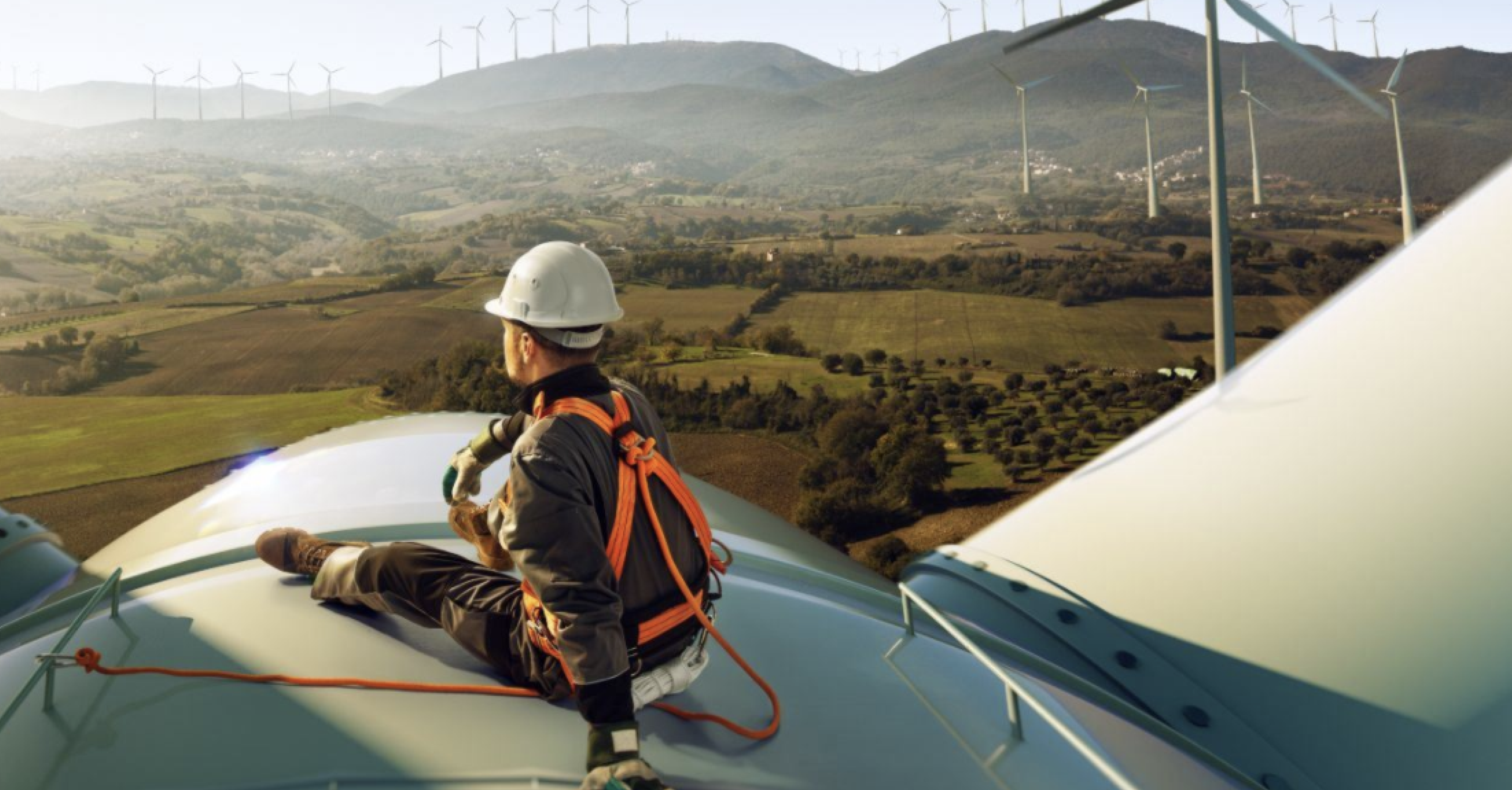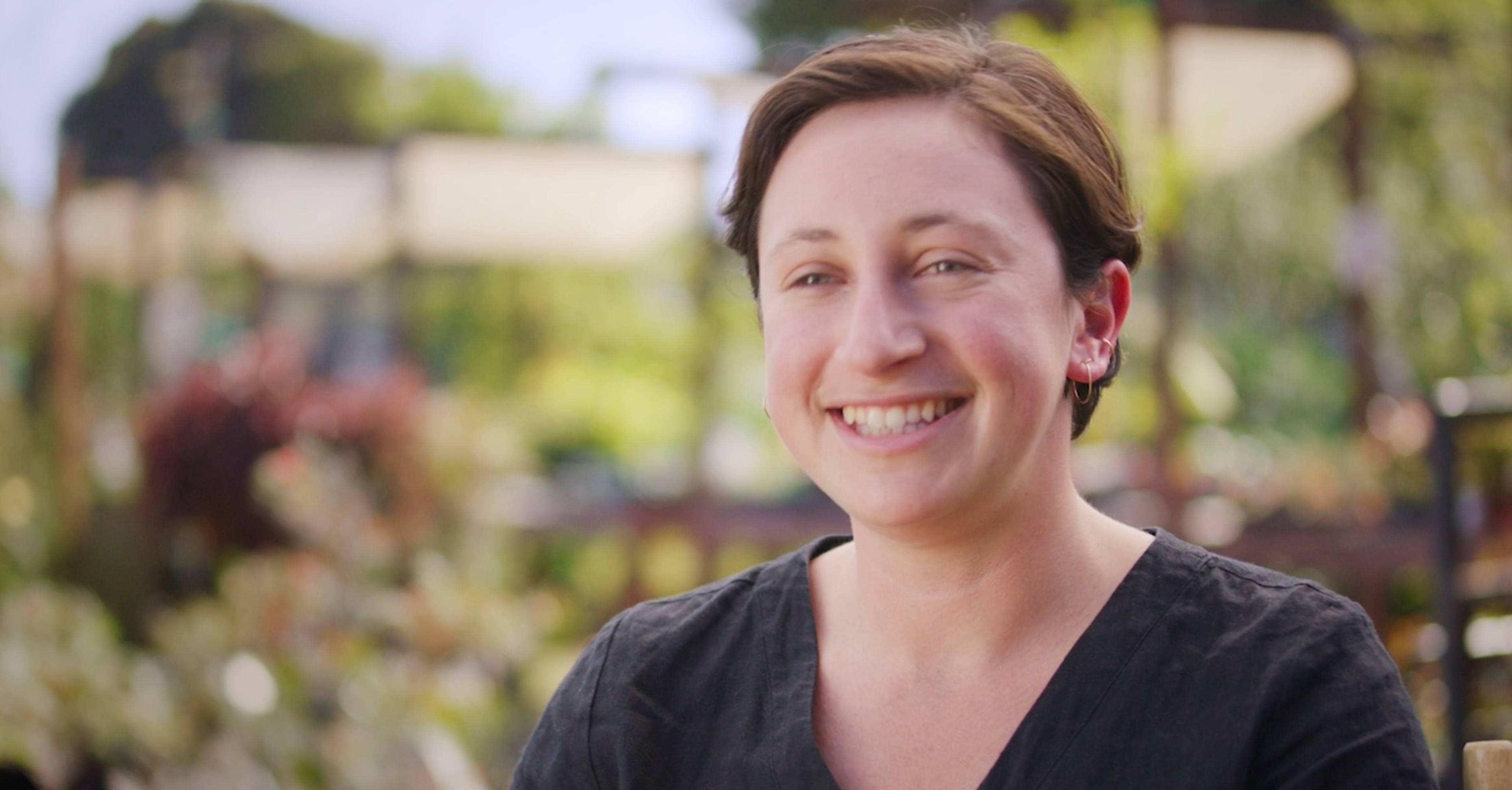Wise is a global technology company helping people and businesses move and manage money around the world. Phil Denington is the Global Creative Lead, heading up advertising and marketing work. Nick Catino is the Global Head of Policy, leading a team that works with governments around the world to improve international payments and craft consumer education campaigns to draw awareness to hidden fees. While Phil was instrumental in jumpstarting a climate program at Wise several years ago, Nick is now leading broader ESG strategy. We are jointly profiling them to showcase how Wise’s climate work and investment has evolved over time.
How does climate work factor into your roles?
Phil: Climate is very far away from my day-to-day remit, but it’s of personal importance to me. In 2019 I started offsetting my own personal footprint and I challenged Wise to do the same. I got sponsorship internally and we started working with Watershed, but it was always a side hustle for me. My story shows that motivated employees can spark real corporate action.
Nick: Long before we were required to think about climate by regulators, Phil was the heart of our sustainability efforts. He crafted our initial company strategy to measure our footprint and set a net zero target. I’m now working to deliver on it by setting our broader ESG strategy, convening an internal advisory committee and ensuring we’re meeting our reporting requirements. We also recently hired someone to drive these efforts day-to-day.
What is the value of climate work for Wise?
Phil: We work with the motto: customers before team before ego. I think about climate value in these same three buckets. Our customers—from the average consumer to big banks—are expecting us to be focused on addressing our carbon footprint and are inquisitive about our sustainability strategy. On the team side, our product is only as good as the people we hire. Responsibly addressing climate is now a pull factor for hiring great talent, but it can also be a push factor when there is no action. Related to ego, we just want to do the right thing and act with morals.
Nick: We're also seeing pressure from our partners who want to know that we have a net zero plan in place, from our competitors who are making sustainability a table stakes issue, and from regulators who are now increasingly requiring climate disclosures from publicly listed companies. Two years ago we weren’t ever asked about climate in our engagements with partners or RFPs, and now it’s quickly becoming the norm. We've been financially sustainable for years, and now we need to be environmentally sustainable too, with transparency essential to our efforts.
“Two years ago we weren’t ever asked about climate in our engagements with partners or RFPs, and now it’s quickly becoming the norm. ”
Nick Catino
Where do you go to learn more about climate or hear the latest news?
Nick: I subscribe to Watershed’s policy newsletter written by Matt Fisher, Politico’s Long Game and Power Switch newsletters, and—considering I need to stay on top of what governments around the world are requiring in the ESG realm—I also subscribe to a variety of law firm bulletins.
Phil: We have a Slack channel with 250 Wise employees to share resources about environmental topics. It’s helpful for keeping up to speed on how other companies are addressing this topic.
What advice do you have for others who want to drive change within their companies?
Phil: Ask questions and be vocal when something is important to you. Focus on getting executive sponsorship because that’s going to be key for moving anything forward. The way a lot of companies are structured, there sometimes isn’t a natural home for climate and sustainability efforts, but don’t let that halt you. We figured out the right approach with time.
Nick: With increasing regulation, understanding and reducing your carbon footprint will very soon be a must-do, no longer a nice-to-do. Get ahead of it now.
